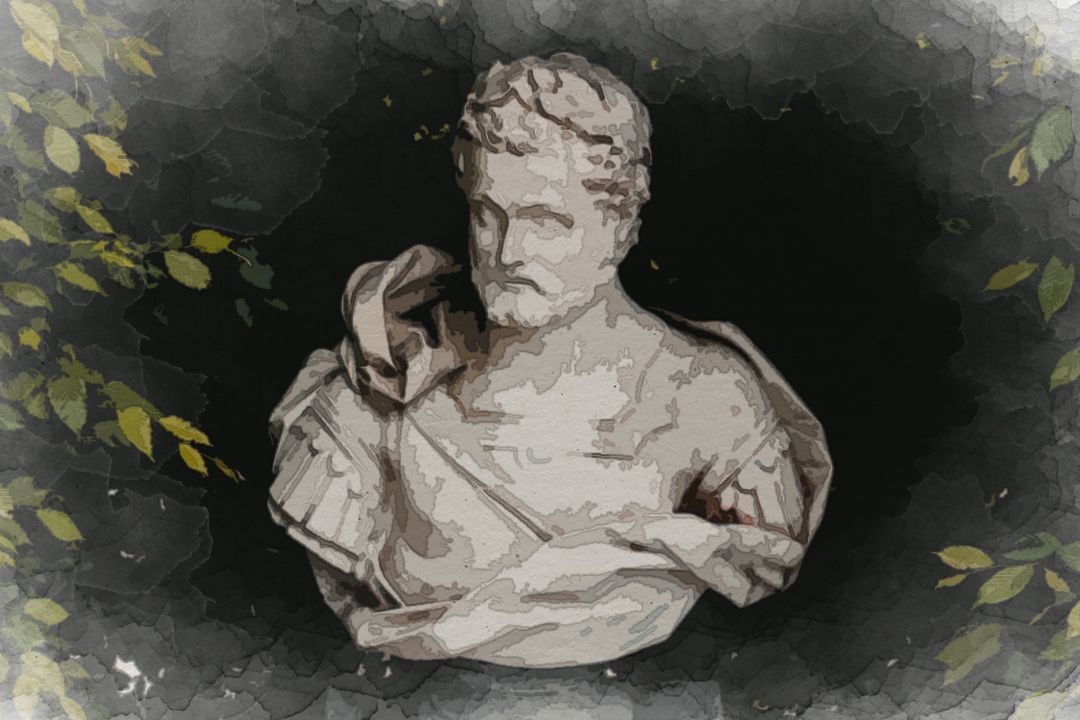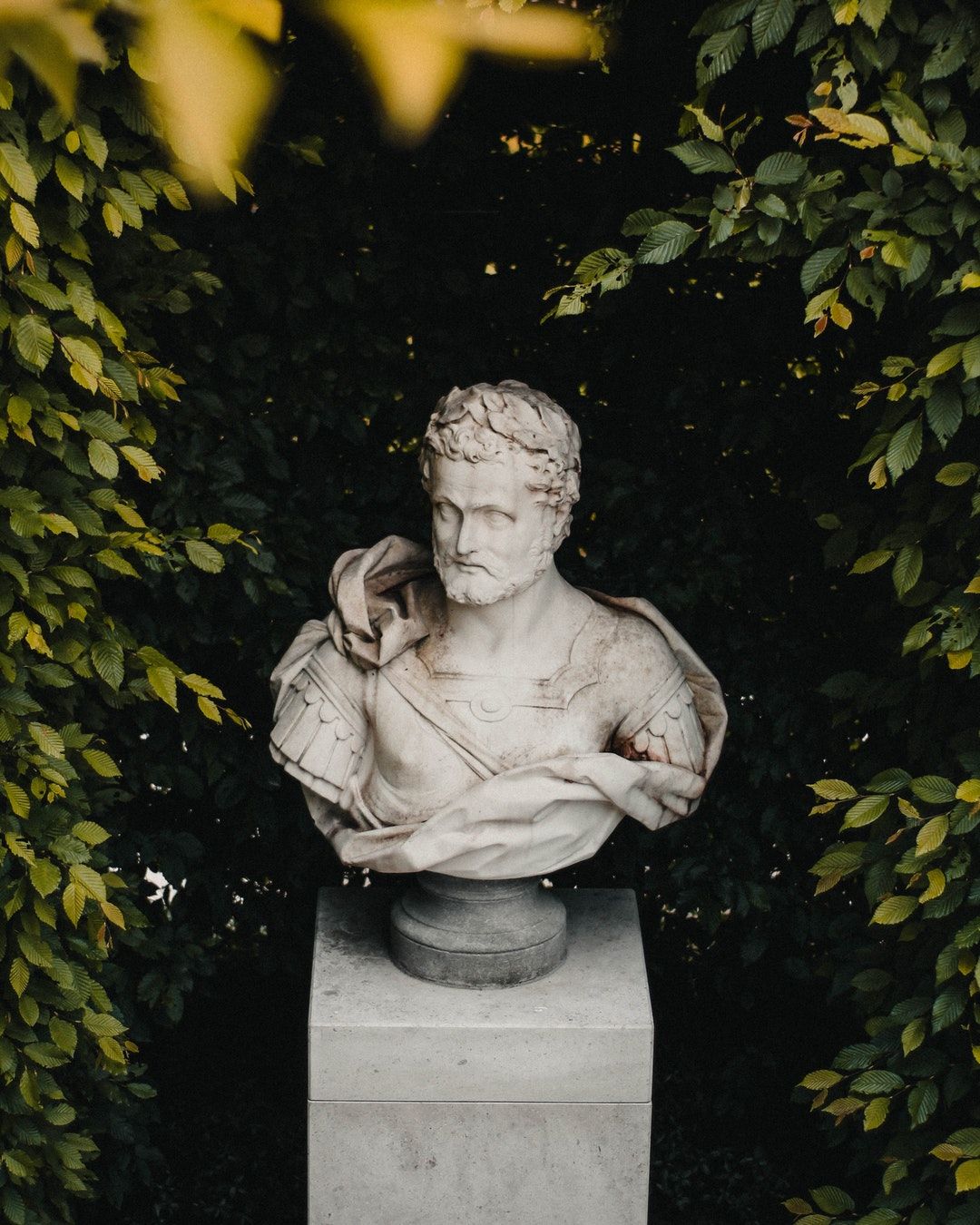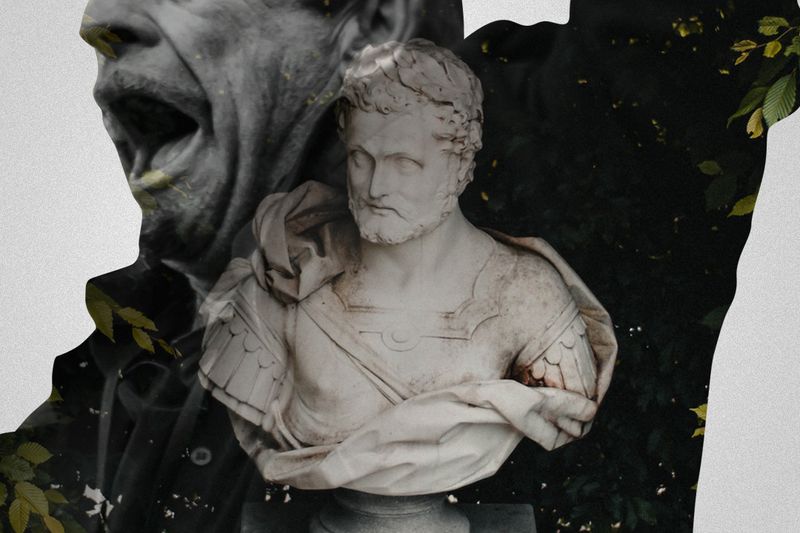Echos of Innocence

Boom and Bust, Will Anyone Be Around to Hear the Echo?
In a quiet corner of an ancient library, nestled between the forgotten scrolls of history and the dust of disuse, Sophia mused over the curiosities of human nature. She was an archeologist of the mind, sifting through the layers of past thought. Her eyes lingered on a line from an old tome, the words etched in the aging parchment as if they still whispered the secrets of their author.
The guilty think all talk is of themselves.
—Geoffrey Chaucer (1343-1400)
Sophia chuckled to herself, picturing the grand halls of medieval courts where whispers behind tapestries turned courtiers into paranoiacs, convinced that every snicker and sideways glance was a barb aimed at them. She could almost hear the rustling of silks, the clinking of goblets, and the hushed tones of conspiracy that filled those corridors. In her mind's eye, there was Alexander, a knight of considerable renown but equally considerable vanity, who always believed the minstrels sang of his misdeeds in veiled lyrics.
One such evening, as the great hall echoed with the lilt of lutes and the bard’s deep timbre, Alexander approached Sophia, his brow furrowed with the weight of a thousand imagined slights. "Lady Sophia," he said, his voice tinged with a false bravado, "surely the tales spun this night are a jest at my expense, a mimicry of my lesser fortunes on the battlefield." Sophia, ever the beacon of reason, merely raised an eyebrow and offered a bemused smile.
Imitation is the sincerest of flattery.
— Charles Caleb Colton (1780-1832)
Sophia's response eased a wave of laughter through the room, much to Alexander's dismay. But her wit was a gentle nudge, a reminder not to take the echoes of the hall too personally. She leaned in closer, her voice a hushed thrill in the dim light. “Sir Alexander, you fear a shadow’s mockery, yet fail to see the honor in being echoed through time by those who wish to wear your valor as their own.”
Days turned, and the laughter from the hall was a fading echo as the pair found themselves amidst the ruins of ancient civilizations. Here, Sophia's humor remained a steadfast companion to Alexander's curiosity. They would often debate the rises and falls of empires, the cyclical nature of human endeavor, and the follies of the past.
Our ignorance of history causes us to slander our own times.
—Gustave Flaubert (1821-1880)
Alexander would gesture grandly to the fallen columns and crumbling edifices, lamenting the decline of current affairs. “See how mighty these structures once stood, Sophia! Our own creations pale in comparison.” Sophia, ever the playful scholar, would retort with a knowing glint in her eye, “Or perhaps, dear knight, we see only the grandeur in retrospect and forget the toil and turmoil that these ancient stones have weathered. Our times are not impoverished of greatness; we are simply too close to the canvas to see the masterpiece.”
Their explorations took them to places where the past was a tangible thing, woven into the very fabric of the present. In one small village, a festival was in full swing, the air vibrant with the pulse of drums and the shimmer of vibrant costumes. The villagers danced with abandon, a whirling tapestry of life.
And those who were seen dancing were thought to be insane by those who could not hear the music.
—Friedrich Nietzsche (1844-1900)
Sophia and Alexander watched from the fringes, the latter's eyes wide with a mix of bewilderment and fascination. "They must appear mad to outsiders," Alexander mused, a smile twitching at the corner of his mouth as he took in the spectacle. Sophia’s laughter rang out, clear and bright, as she grabbed his hand. "Then let us be mad, Alexander, and join the dance. For what is life if not to partake in its music?"
The rhythm of the world carried them from the joyous village to the shores of distant lands, where different beats echoed but the song of humanity was the same. There, they encountered the somber reality of those who bore the weight of empire, the ones who labored to uphold the grandeur that Alexander so admired.
Take up the White Man’s burden, Send forth the best ye breed— Go, bind your sons to exile To serve your captives’ need.
—Rudyard Kipling (1865-1936)
Under the sweltering sun, they watched as men toiled, their brows furrowed under the weight of expectation and duty. Alexander’s face fell as he took in the sight, the romantic sheen of conquest fading before the stark light of reality. Sophia stood beside him, her wit now a soft comfort. “To learn is to unlearn, Alexander. We honor them not by the burdens we impose, but by the burdens we lift.”
In every quote, they found a lesson; in every lesson, a story. Sophia’s humor and Alexander’s chivalry were but threads in the vast tapestry of the human narrative, weaving through the quotes of ages past, creating a narrative of their own. They learned to listen to the echoes of history, to dance to the music of life, and to shoulder the burdens of the world with the hope of setting them down, lighter for the next to carry.

The planksip Writers' Cooperative is proud to sponsor an exciting article rewriting competition where you can win part of over $750,000 in available prize money.
Figures of Speech Collection Personified
Our editorial instructions for your contest submission are simple: incorporate the quotes and imagery from the above article into your submission.
What emerges is entirely up to you!
Winners receive $500 per winning entry multiplied by the article's featured quotes. Our largest prize is $8,000 for rewriting the following article;

At planksip, we believe in changing the way people engage—at least, that's the Idea (ἰδέα). By becoming a member of our thought-provoking community, you'll have the chance to win incredible prizes and access our extensive network of media outlets, which will amplify your voice as a thought leader. Your membership truly matters!


